Keep Nature Wild believes and supports that we are all better together in the outdoors. For this to happen, the outdoors must be an inclusive, welcoming, and safe space for any and every body.
If you're wondering where to start or how to be a better ally to the LGBTQIA+ community, here are some steps to take that were shared by Bearfoot Theory from Lettie Stratton, founder of Wild Wanderer, an outdoor adventure site for the LGBTQ+ community. Lettie shares that, "LGBTQ+ adventurers face specific concerns when out on the trail, including fears for safety and acceptance — just to name a few."
Awareness of social issues seems to be at an all-time high and lots of people want to know what they can do to help support the LGBTQ+ community. One of the most helpful things you can do is learn how to be a good LGBTQ+ ally. Lettie shared:

Being an ally is different than being acceptive or even supportive. Being a true ally requires you to be educated. Having awareness of the issues queer people face in the outdoors (and in general) is the first step.
Many LGBTQ+ adventurers fear for their safety in the outdoors – both physical and emotional. Pair a history of abuse and discrimination with an off-the-beaten-path locale and the fear of what might happen is enough to keep some would-be adventurers in the safety of their own homes.
Feeling welcome and accepted is another fear for queer folx wanting to enjoy the outdoors. Because the outdoor industry is most often depicted through a white, cisgender (cisgender refers to people whose gender identity matches the sex they were assigned at birth) lens, it can take a bit more for people who don’t fit that mold to feel welcome.
Whether it’s worrying about being misgendered, wondering if it’s safe to swim in a not-cis body, encountering homophobia in the wilderness, or something else entirely, there is often a myriad of thoughts running through an LGBTQ+ person’s head as they prepare to hit the trail.
Showing up for an annual Pride parade is great, but true allyship requires more. True allyship asks you to be aware of these issues and to do your part to make everyone feel safe and welcome. Perhaps most importantly, true allyship asks you to speak up and speak out in the face of discrimination if needed.
For further education on allyship for the LGBTQ+ community in general, check out The Trevor Project, The Venture Out Project, Wild Diversity, GLAAD and Human Rights Campaign.

One of the easiest things you can do as an ally to LGBTQ+ people in the outdoors is simple: Be friendly to everyone you pass on the trail. Remember, people don’t know whether you’re friend or foe – especially LGBTQ+ people who might be on high alert in a wilderness setting.
Since you never know who might be in need of a boost and an extra sense of feeling welcome, whether they happen to be a part of the LGBTQ+ community or not, why not go out of your way a bit to be super friendly to everyone you see? A smile and a simple hello can make all the difference.
Being friendly really comes down to showing respect for all those who you pass on the trail. Don’t gawk, point, or whisper if you see someone or something that’s different from you and your experiences. This sounds ridiculously simple but it can really go a long way in helping everyone feel welcome.

Thinking about how language impacts the people around you is one of the most important things you can do as an ally. What seems like a friendly greeting or a nod of encouragement to you may actually be offensive to someone you pass on the trail.
Operate under the assumption that you don’t know anyone’s gender identity – because you don’t! Because of this, it’s best to steer clear of gendered language when passing strangers on the trail.
Instead of saying “almost there, girl!” or “what’s up, man?”, just drop those gender-signifying words and say “almost there” or “what’s up.” Your friendliness level will remain the same, and you don’t have to worry about misgendering someone. It’s a win-win, and an essential adjustment for allies to make.

This is a big one. It is hugely important to respect other people’s pronouns. Using someone’s correct pronouns is one of the key ways to show your respect for their identity and make them feel seen.
He/him/his, she/her/hers, and they/them/theirs are all examples of pronouns. There are certainly more out there, but these are the most common. Be careful not to assume someone’s pronouns based on what you perceive their gender to be because they may identify differently.
If you don’t know someone’s pronouns, just ask! Better yet, share your own name and pronouns when introducing yourself. This can help make queer people feel safe to share their own pronouns in return.
Once you do it a few times, it’s really not hard and is one of the things the queer community often appreciates most in an ally. “Hi, my name is Tom and my pronouns are he/him” is a quick and easy introduction, and signifies your allyship right away.
If you misgender someone, know that everyone makes mistakes sometimes and just correct yourself and move on. Don’t go into a long, drawn out apology, as this puts the focus on you and makes the person you misgendered feel they have to say “it’s okay” and comfort you.
For more education on this topic, check out A Quick And Easy Guide To They/Them Pronouns.

Just like you shouldn’t assume anyone’s gender identity or pronouns, you also shouldn’t assume whether people are a couple, friends, siblings, or whatever. If I had a dime for every time someone asked my partner and I if we were sisters… spoiler alert: it doesn’t matter, and it doesn’t feel good when people assume an incorrect conclusion.
These assumptions rarely come from a place of malice, but they do cause harm. Being more aware of the assumptions we make about people and voice aloud is a good practice even outside allyship.

We have the ability to learn, grow and create positive and inclusive spaces for everyone. If we all learned more about allyship and took is as seriously as learning about Leave No Trace principles we would be making positive changes in our outdoor spaces. We truly are better, together.
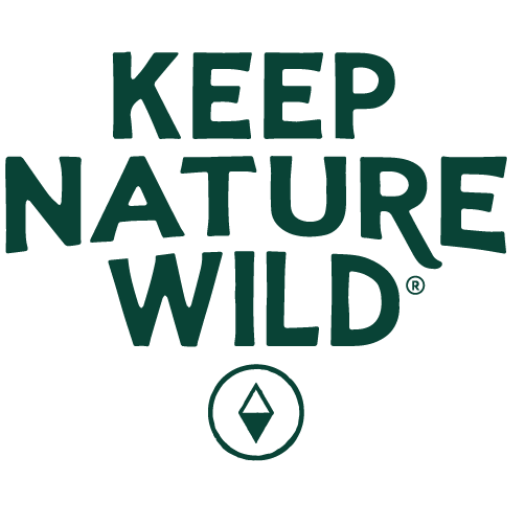
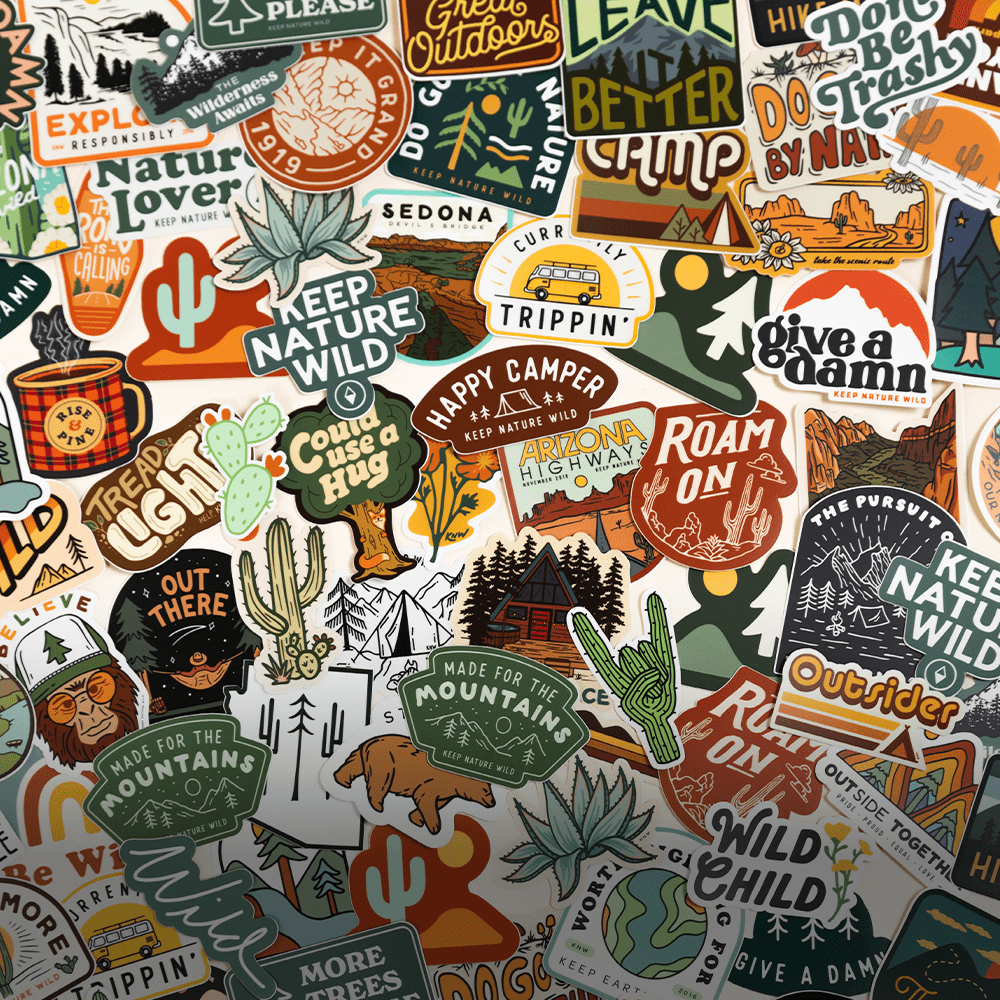
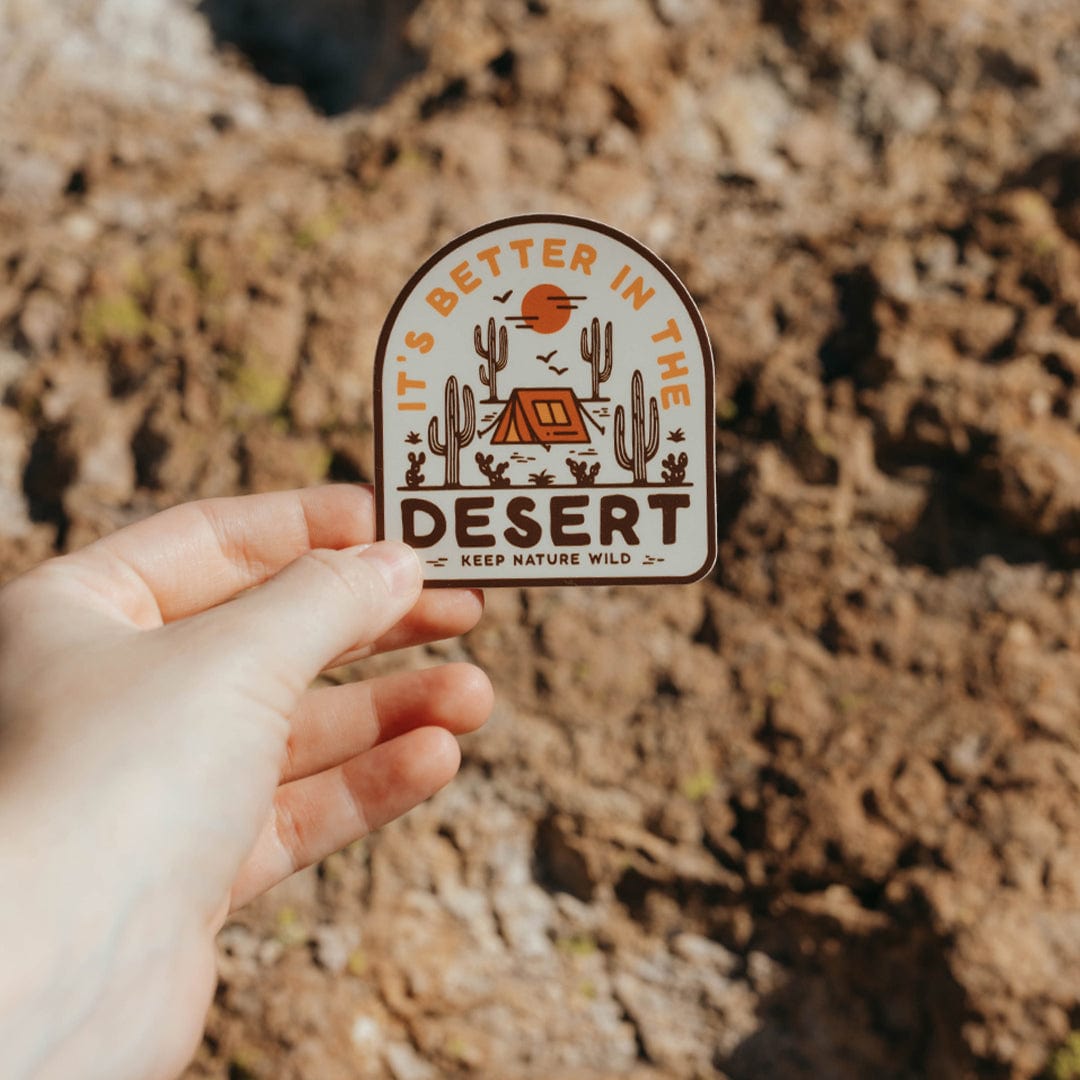
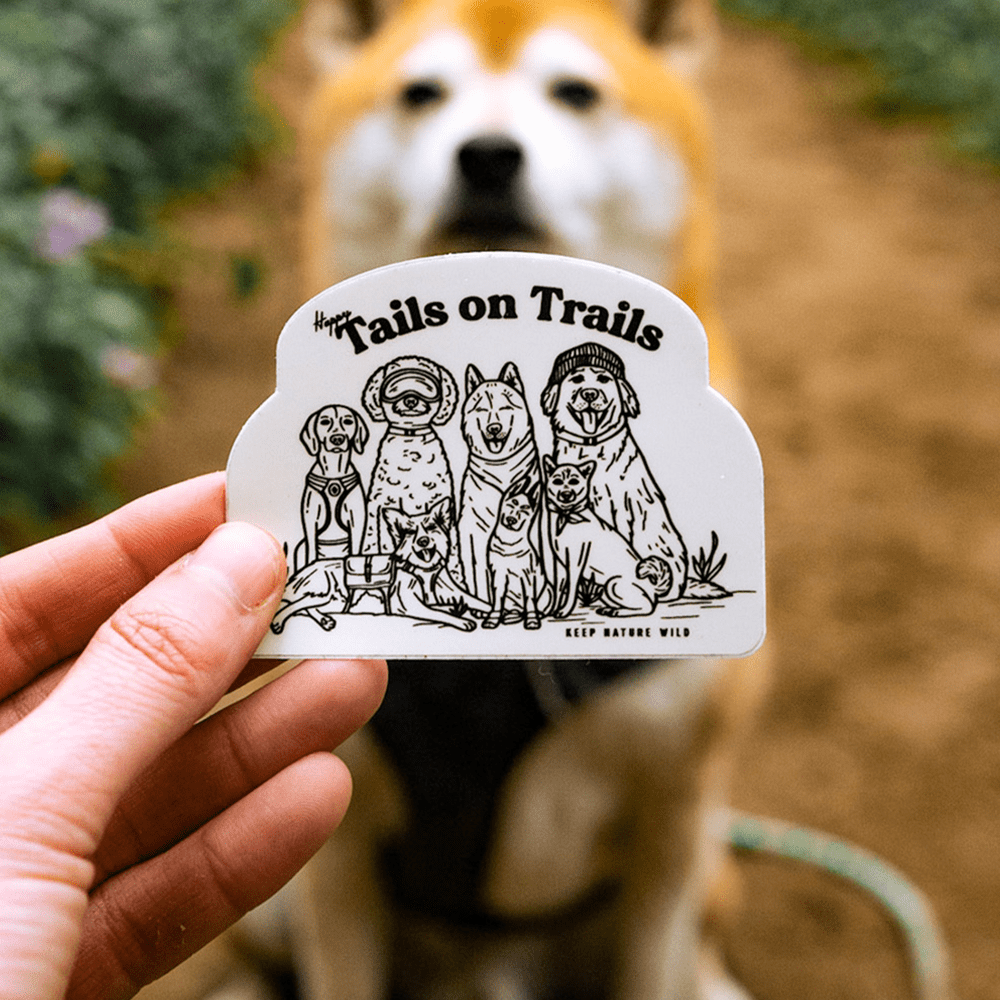
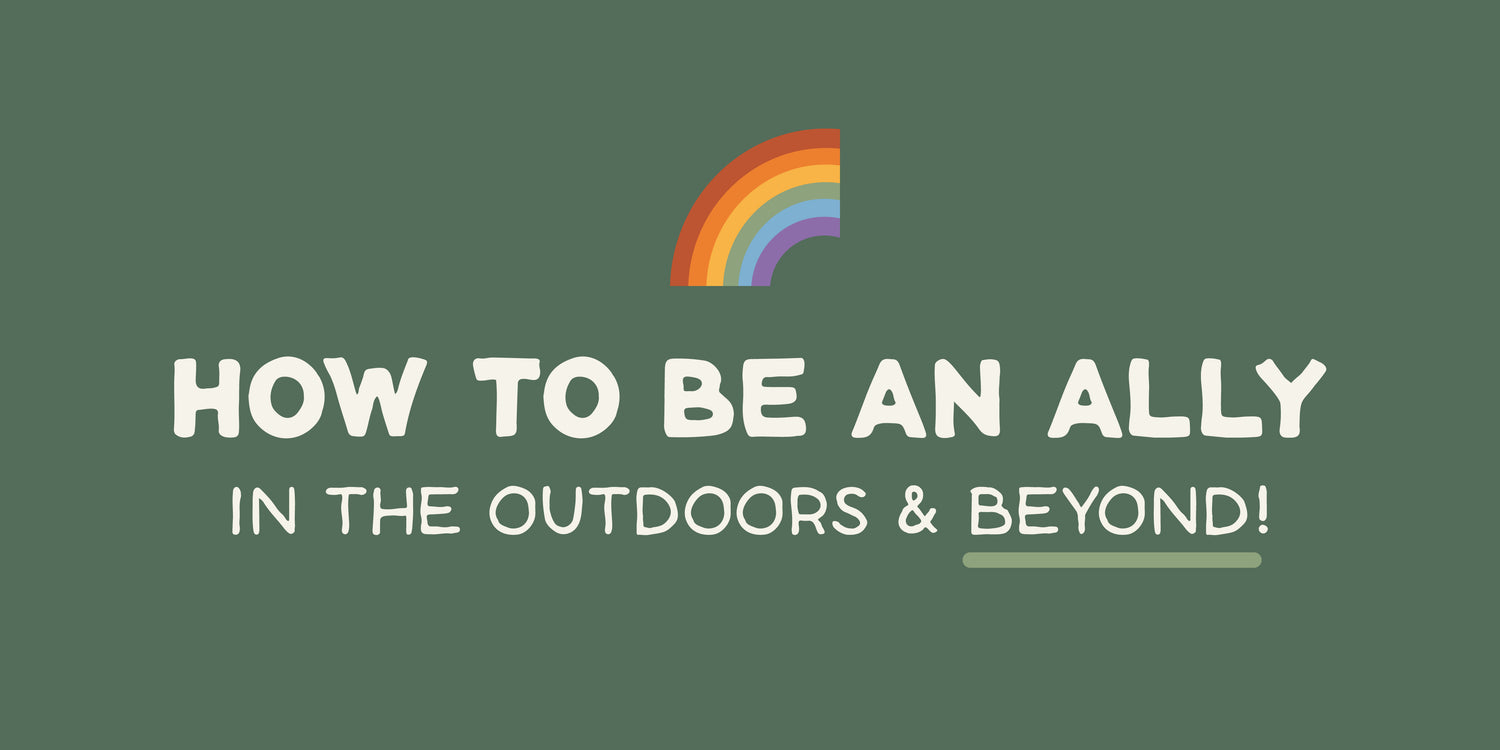
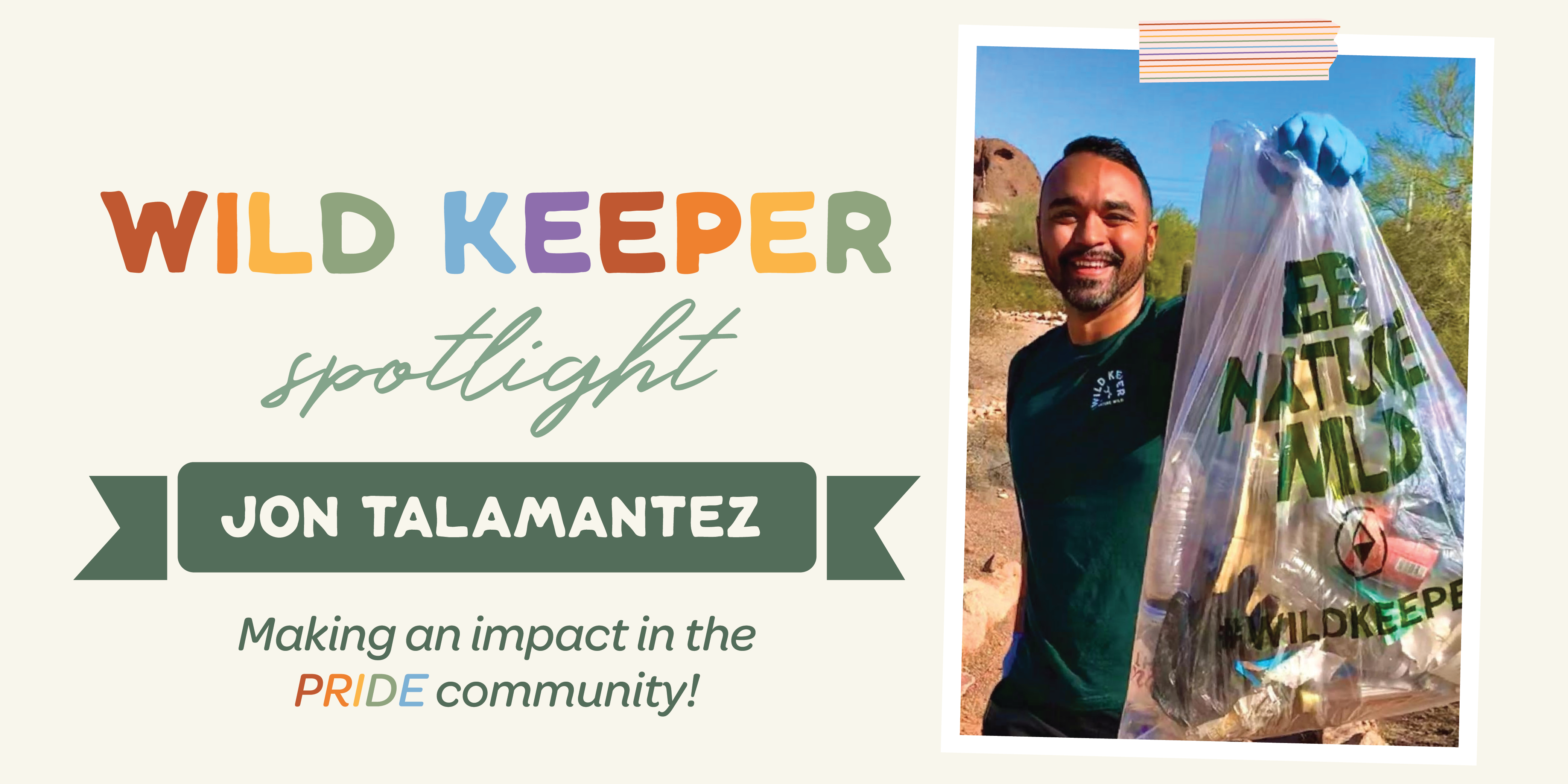
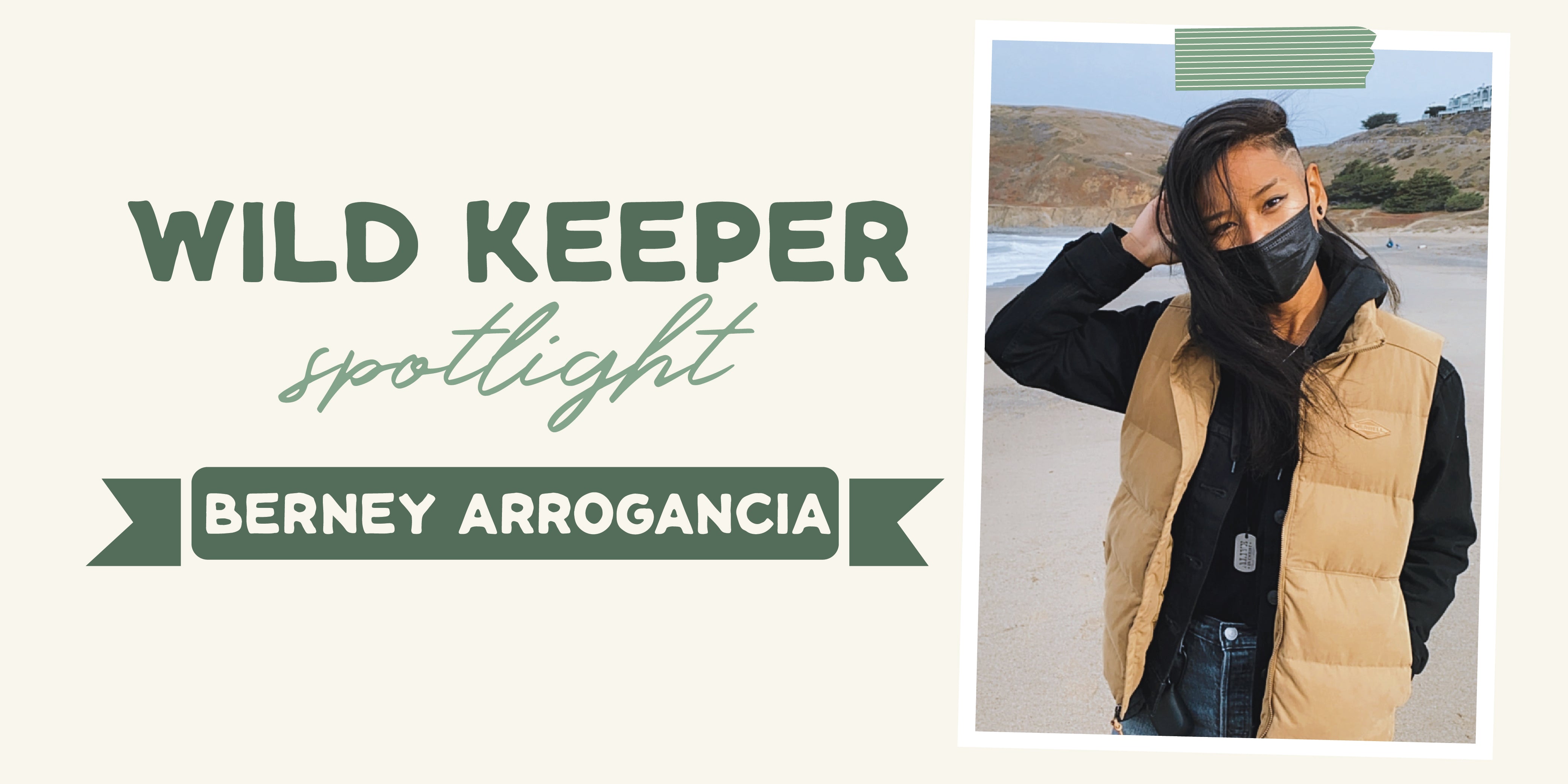
Leave a comment
All comments are moderated before being published.
This site is protected by hCaptcha and the hCaptcha Privacy Policy and Terms of Service apply.